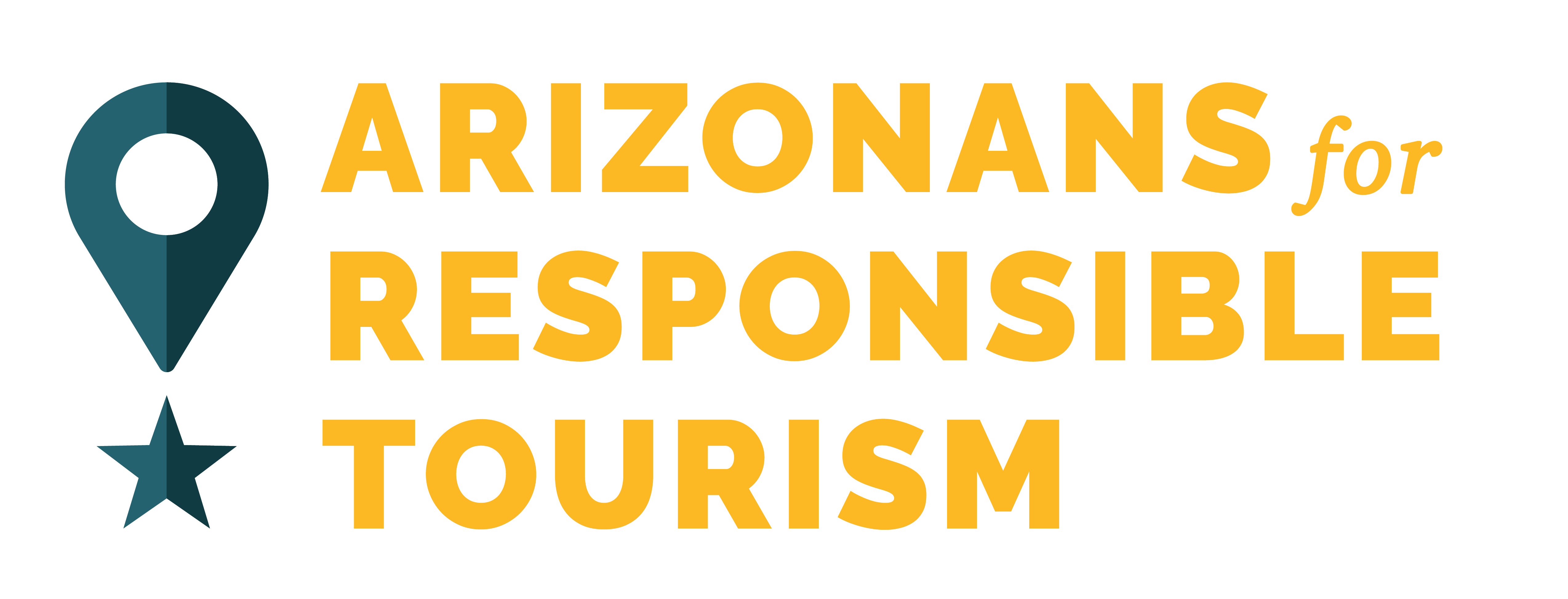Ahead of the big game, make sure you’re covered with this Super Bowl Hosting 101 guide.
Originally published on RentResponsibly.org
•••
Before the Great American Eclipse in August 2017, STR listings surged by up to 3,000% in the towns along the route of the eclipse, which spanned from Salem, Oregon, to Charleston, South Carolina, according to Bloomberg.
According to the Times of San Diego, the city expected an influx of 41,000 guests to short-term rentals alone between Comic Con and Pride Weekend in 2019.
Ahead of Super Bowl LVII and the Phoenix Open in February 2023, a similar phenomenon is unfolding in the Greater Phoenix area, according to FOX 10 Phoenix. The news outlet reported new hosts are rushing into the market, and a few Phoenix-area residents have advertised their properties for $10,000 a night.
And with national sports championships, conventions, or other big events often come a rush of new short-term rental listings in the local area – and new local rules.
Many of the new listings come from homeowners who have no experience in hosting and plan to rent out their home only temporarily to accommodate the influx of visitors. This can be cause for concern for guests, public safety servants, the professional hosting community, and neighbors.
“Temporary hosts jumping on board quickly do not have the experience or the resources to ensure safety in our communities,” said Linda Curry, president of Arizonans for Responsible Tourism (AZRT), a statewide alliance for STR operators. “This type of activity can pose problems to the industry reputation in addition to potentially causing disturbances in neighborhoods.”
Hosting for the first time
Hosting an STR might sound easy, but it’s actually a job that requires knowledge of local laws, professional standards, and thorough preparation. A first-time listing also might not yield the kind of money expected because new hosts won’t have any positive reviews.
John Hildebrand, an experienced property manager and AZRT board member based in Scottsdale, Arizona, said hundreds of homeowners have expressed interest in listing their homes for the first time on Airbnb or Vrbo for the Super Bowl.
“Most of them don’t understand 90% of the business,” he said.
Hildebrand tries to put the hype over hosting into perspective.
“Just because you see units advertised for $10,000 a night doesn’t mean you will get that,” Hildebrand said, “or it could mean those hosts have a lot of reviews which build trust with guests.
“There will be many homeowners who will try to make quick money and will put all kinds of work in to go-live, and they might not get renters at all or will have to lower the rate.”
Before hosting for the first time, search the internet to find out if there is a local short-term rental alliance or trade association in your area. These organizations can provide information, advice, and resources on hosting in your area.
For instance, the statewide short-term rental alliance, Arizonans for Responsible Tourism, has a Super Bowl resource center on its website for new hosts in the Glendale-Phoenix area.
Checking local short-term rental laws
Before listing your property, check the local laws in the town and the deed restrictions of your homeowners association where your home is located. Many jurisdictions will revise their STR ordinance in advance of a big event to try to prevent large house parties in neighborhoods.
In Glendale, where the 2023 Super Bowl stadium is located, the City Council approved new rules requiring homeowners, or their property managers, to register their short-term rental properties with the city.
Some counties and states such as Arizona also have additional STR laws. Arizona requires all STRs to have a Transaction Privilege Tax (TPT) license, and Maricopa County (where Glendale is located) requires all rentals of any length to register with the county.
To find your local laws, Google the name of your city with the keywords “short-term rentals” and “ordinance.”
State laws typically live in an online database kept on your state legislature’s website. There, you can usually find a field where you can search the keywords “short-term rentals” or “vacation rentals” to find your state laws on hosting.
You most likely will be required to pay one or more types of STR taxes, often known as an occupancy, lodging, or tourism tax. In Arizona, STR operators pay a Transaction Privilege Tax. Check with each STR platform where your home is listed and your local taxing authority to find out whether the platform is required to collect and pay these taxes on your behalf or whether you will need to file tax paperwork with your city, county, or state.
Read more: How to make sure your short-term rental is compliant with local regulations
Getting STR insurance
Regardless of your jurisdiction’s laws, STR-specific insurance on your home while renting it out is critical.
Operating a short-term rental brings certain risks that aren’t covered by standard homeowners’ policies. These gaps in coverage in homeowners’ policies are known as exclusions and can range from liquor liability exclusions to trust exclusions. A trust exclusion means that the insurer will not cover intentional damage by your guests after you entrusted your home to them. When calling insurers, make sure you understand what’s included in your policy and what’s excluded.
Proper Insurance offers free consultations to help you understand your coverage and make sure you have what you need.
Setting and communicating house rules
If you decide to list your home after learning and complying with your local and state regulations, it’s your turn to set the rules for your home. House rules, which are included in your guestbooks on STR platforms, are there to protect you, your home, your guests, and your neighbors.
At a minimum, include rules on quiet hours, guest and vehicle limits, parking, garbage disposal, and pets and the consequences for not adhering to these.
Documenting the rules isn’t enough. It’s important to make sure your guests have read and understand the rules. While you can require guests to acknowledge the rules in writing, it’s also helpful to maintain good communication with guests before and during their stay.
“If the guests are aware of the house rules and consequences of not following them, expectations are clear,” Curry said. “Continuing proper communication with your guest during their stay is also important to not only maintain a personal relationship with them but address any issues quickly.”
Read more: Communicating house rules effectively [+ templates!]
Being a good neighbor
During the Super Bowl or other large events, there’s a risk of things getting noisy at your home, and that could distress your neighbors.
“Most of the temporary hosts rent out their homes and leave town for the week,” said Janaya Goselin, an AZRT board member and real estate professional. “They may not have a way to respond should an emergency occur. Without systems in place to prescreen guests or to monitor noise in their homes, their homes may become party houses, or worse, which leads to bad press, leaving other hosts and the AZRT having to do damage control.”
Notify your neighbors that you plan to host guests and give them your contact information in case any problems arise, and if you plan to leave town during the event, make sure you have a designated person in town to respond to emergencies. Let neighbors know in advance the steps you have taken to prevent guests from causing nuisances in the neighborhoods and how you will respond if there is a problem.
“If your neighbors have your contact information, they can call you to fix any issues quickly rather than engaging law enforcement,” Curry said.
Using a noise-monitoring device like NoiseAware inside the home is one of the ways professional STR hosts prevent things from getting too loud. The devices measure decibel level and send a notification to the owner or property manager when the noise inside or outside the home have exceeded a preset decibel limit. Then, the owner or manager can contact the guests to ask them to reduce the noise.
Read more: STR guide to nuisance prevention and good neighbor relations
Watching out for red flag guests
Another way to protect yourself, your home, and your neighbors is to properly vet guests, Curry said.
Ignoring red flags could land you in legal trouble or make you the subject of a 311 complaint. While major STR platforms have some guest identity verification systems, they can sometimes miss high-risk guests indicators.
Keep an eye out for red flags such as missing profile pictures, incomplete or odd names, peculiar email addresses, and new profiles without reviews or with only one review. While none of these alone are grounds for rejecting a booking, they should prompt you to further scrutinize the guest.
Call your guest on the phone to see how willing they are to speak with you. Make sure the guest’s credit card information matches the guest’s name and that the credit card is issued from the country where the guest claims to be located.
Also be hyper vigilant about large groups of unrelated adults, especially those who live locally. In the case of the Super Bowl, a group of unrelated adults might be expected, but it also could signal plans for a party that could get out of hand. Also, keep a lookout for inconsistency in the stated number of guests and the property’s occupancy.
Read more: Pre-booking checklist to catch red flags and prevent problematic guests
Professional hospitality standards are essential
Though many new hosts short-term rent temporarily around big events, short-term rentals as a whole have largely become professionalized – and guests expect professional standards. That includes hospitality-quality linens, a professional level of cleanliness, and in-demand amenities.
Even if you plan to rent on occasion, treat your rental with this level of care and consideration. These additional resources can help you get started on the right note:
- Can vacation rentals have cameras? Security, compliance, and privacy considerations
- FAQs: Service animals at short-term rentals
- 10 ways to respond to difficult guest questions in a friendly (but firm) way [+ templates!]
- Seven Hosting Lessons from Netflix’s “The World’s Most Amazing Vacation Rentals”
- How to Become a Top-Ranked Short-Term Rental Host
- Tips for High-Quality Short-Term Rental Marketing
- 5 Strategies to Help Neighbors Love Your Short-Term Rental
- 9 ways to make your short-term rental more sustainable
- 8 ways to make your short-term rental more accessible to guests with disabilities for $100 or less
- Tips for hosts to welcome short-term rental guests with autism
•••


